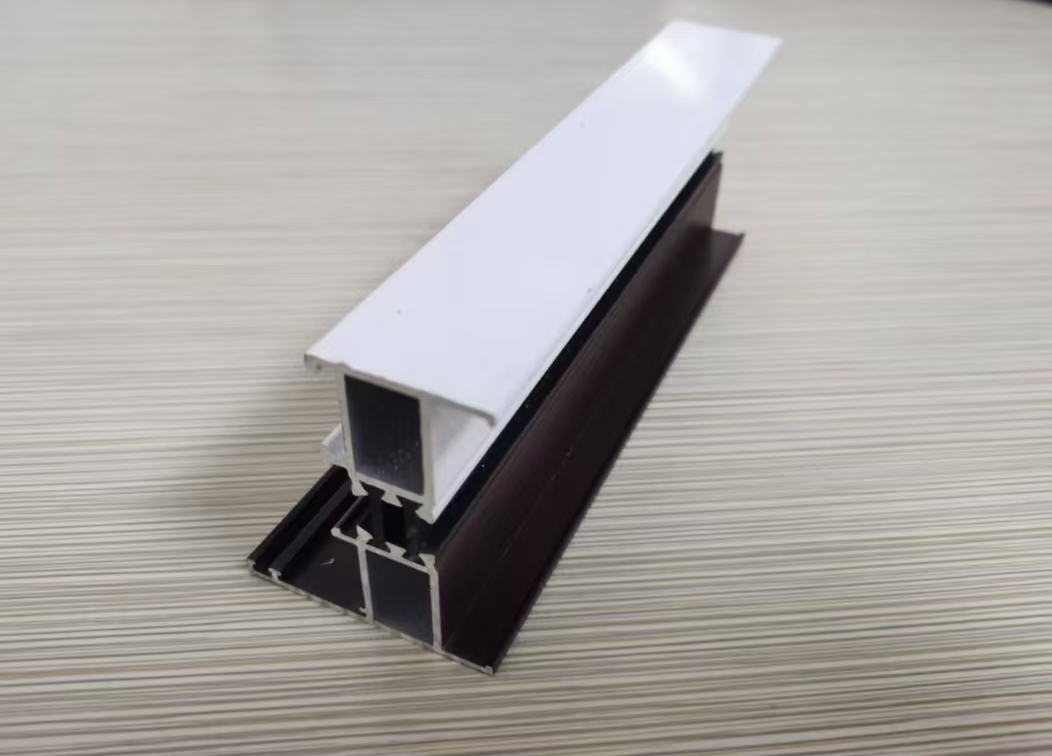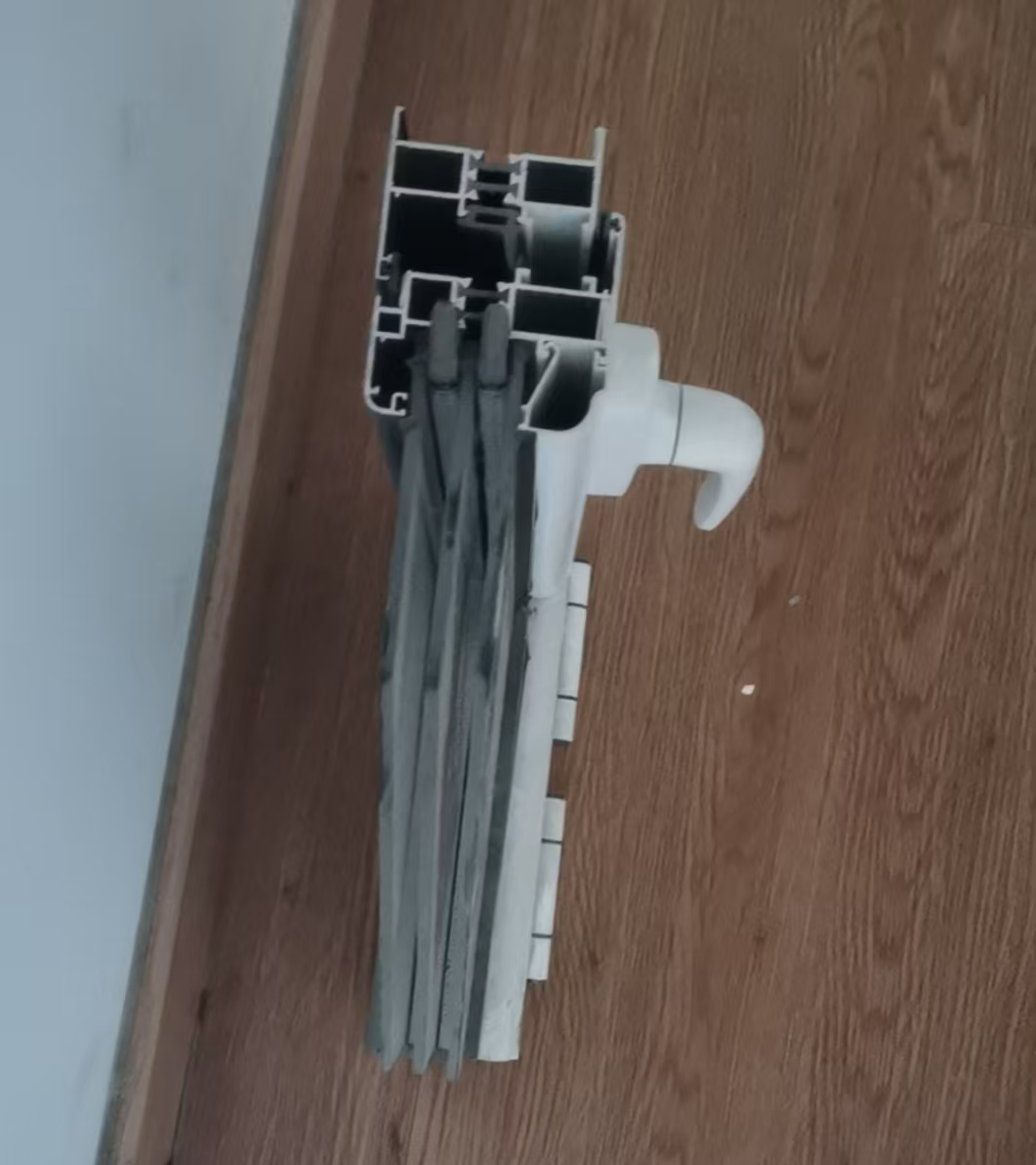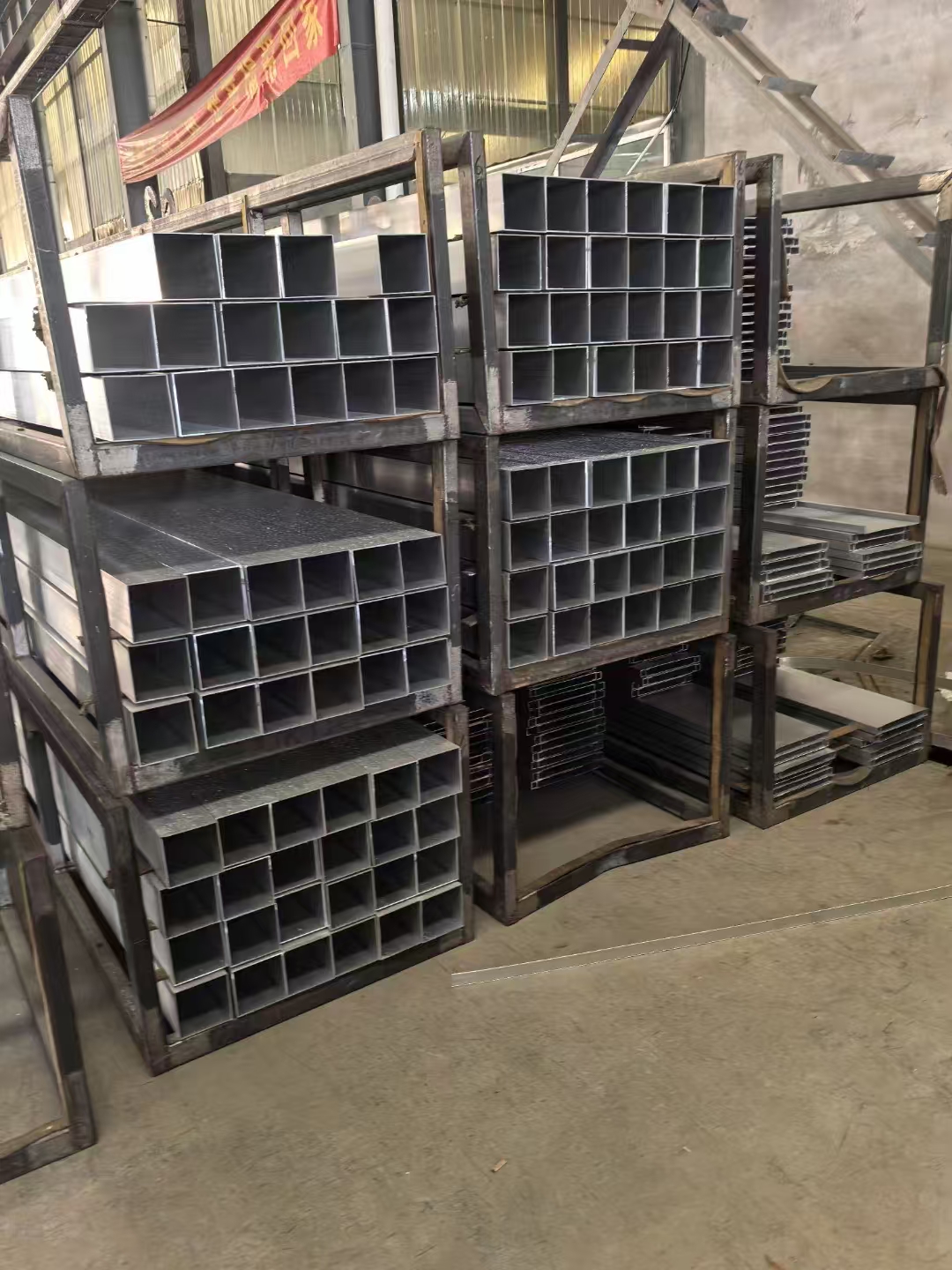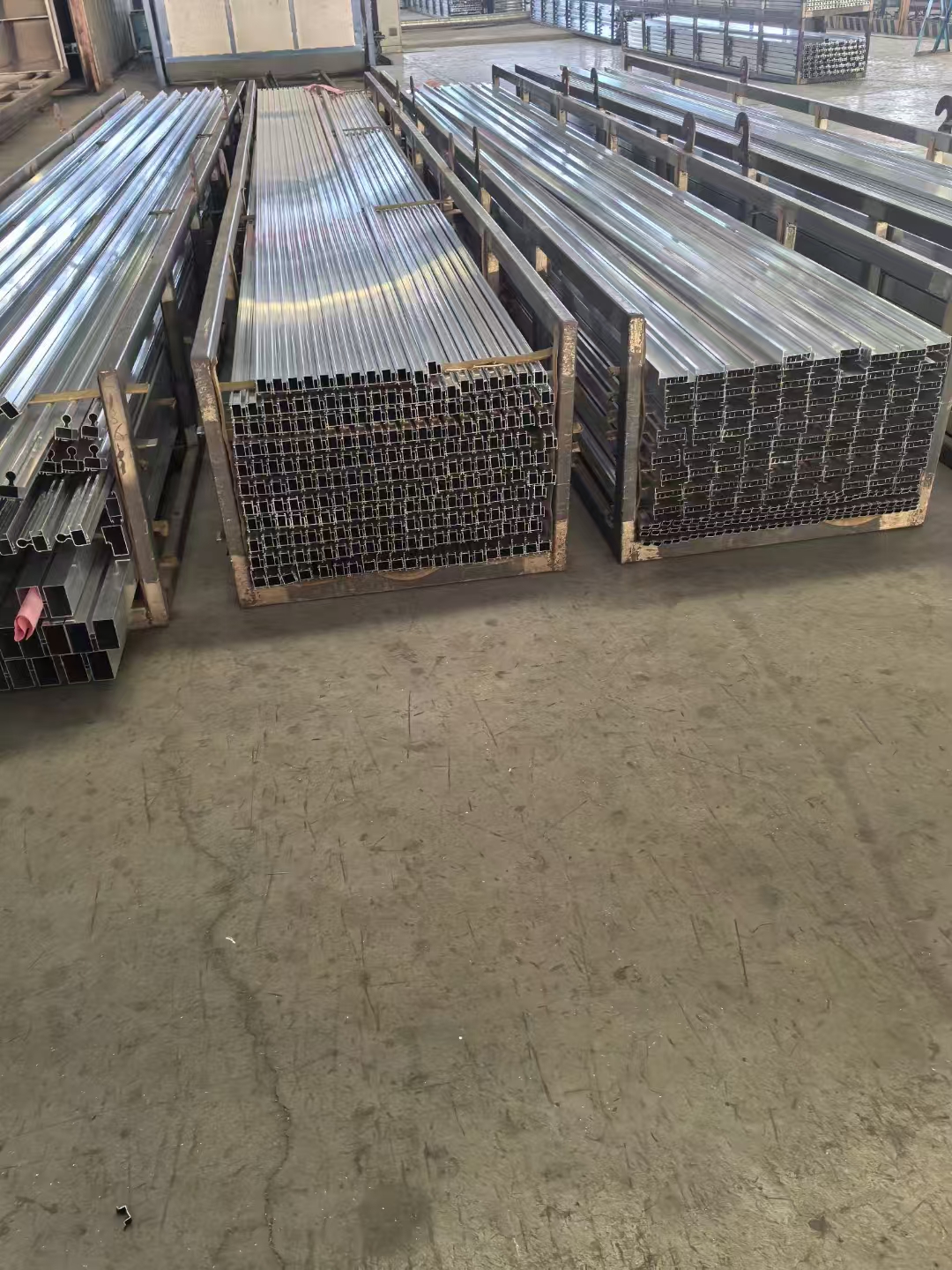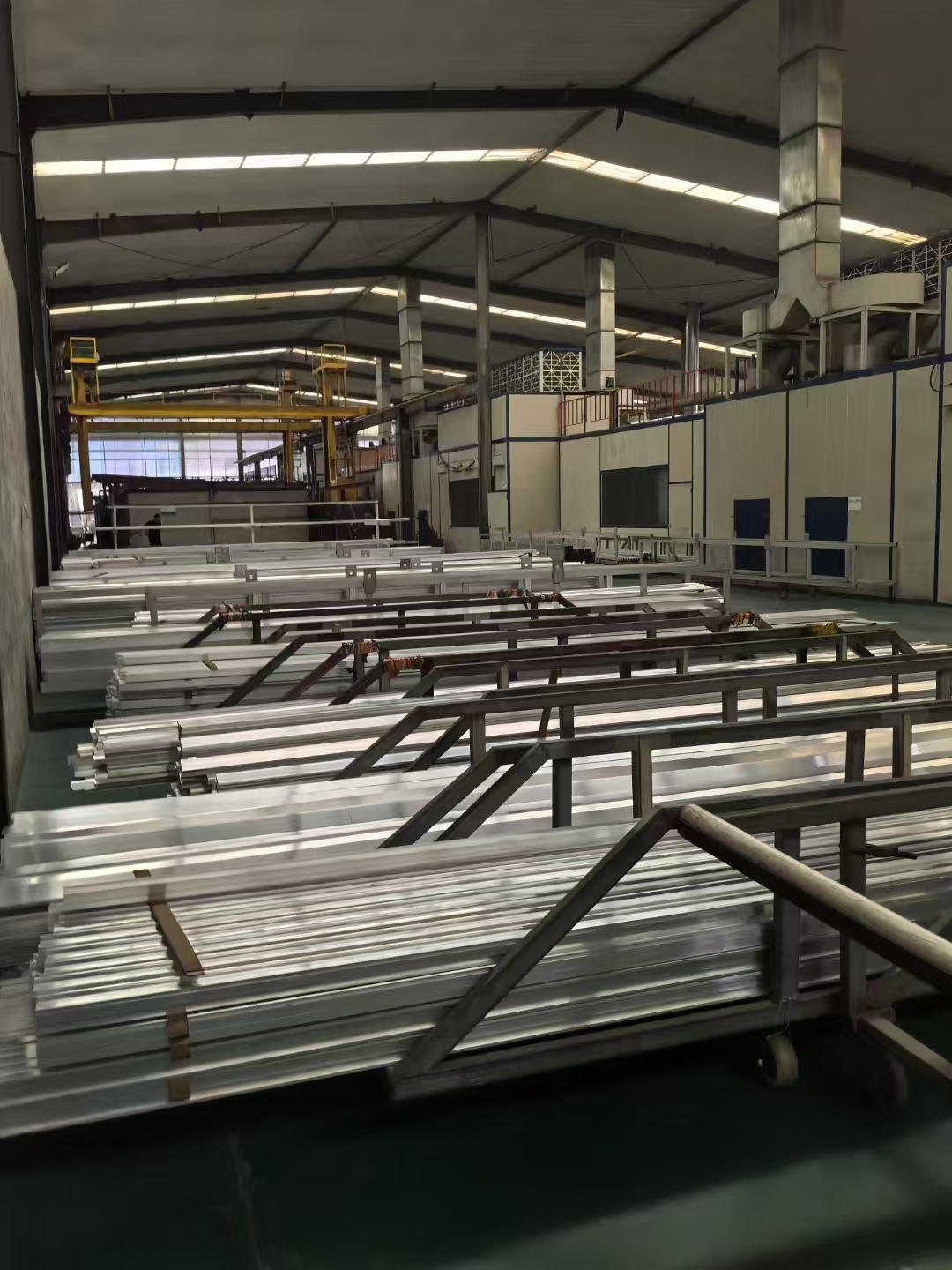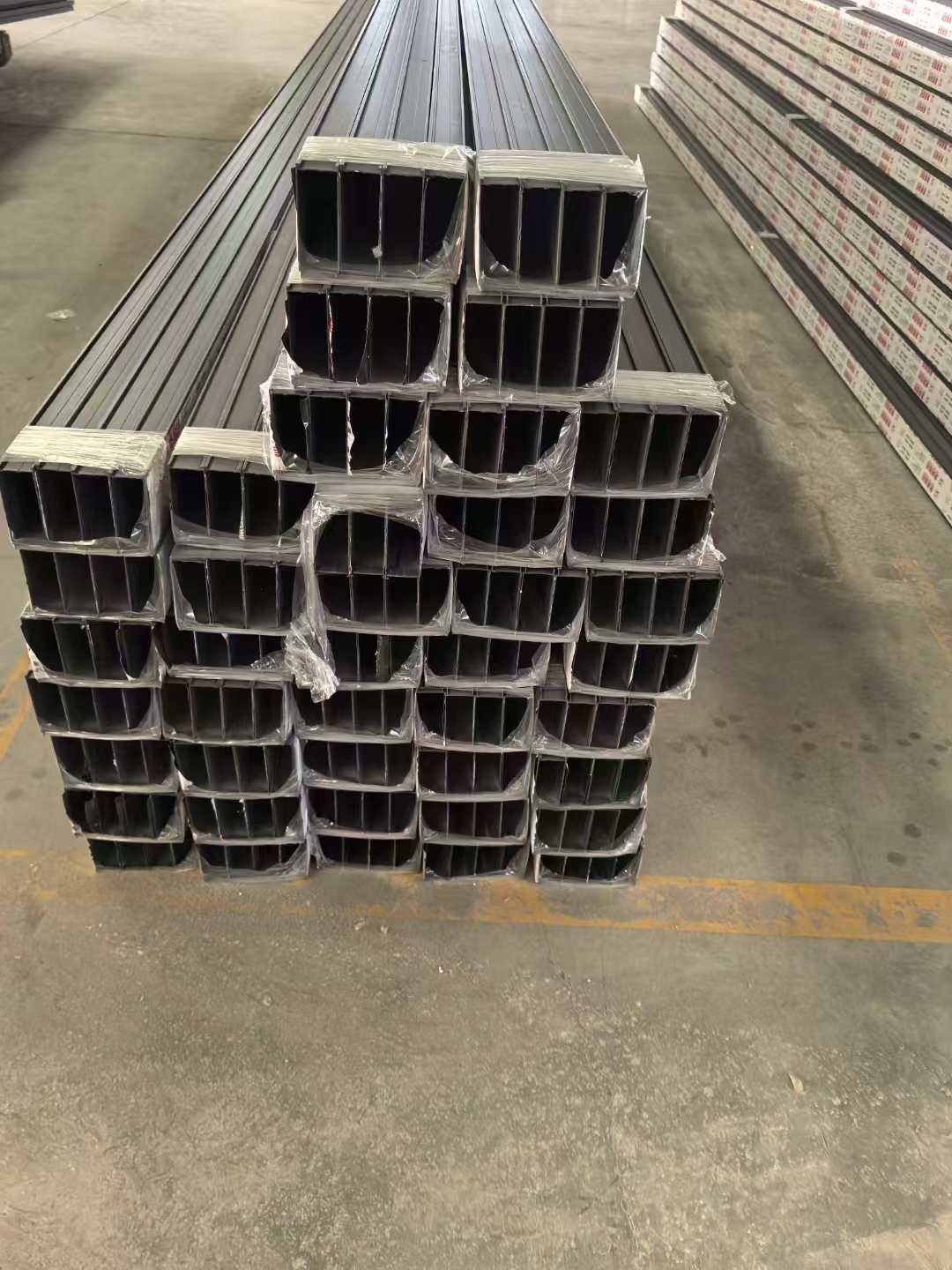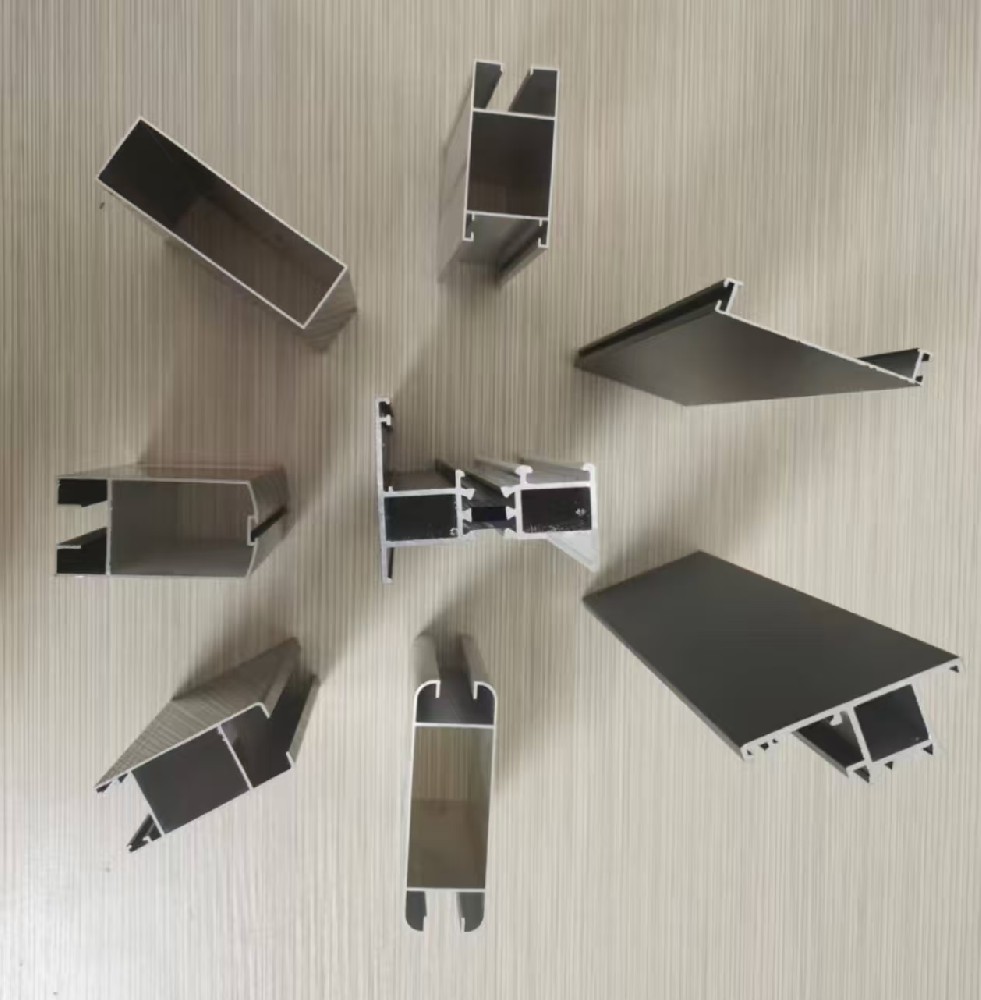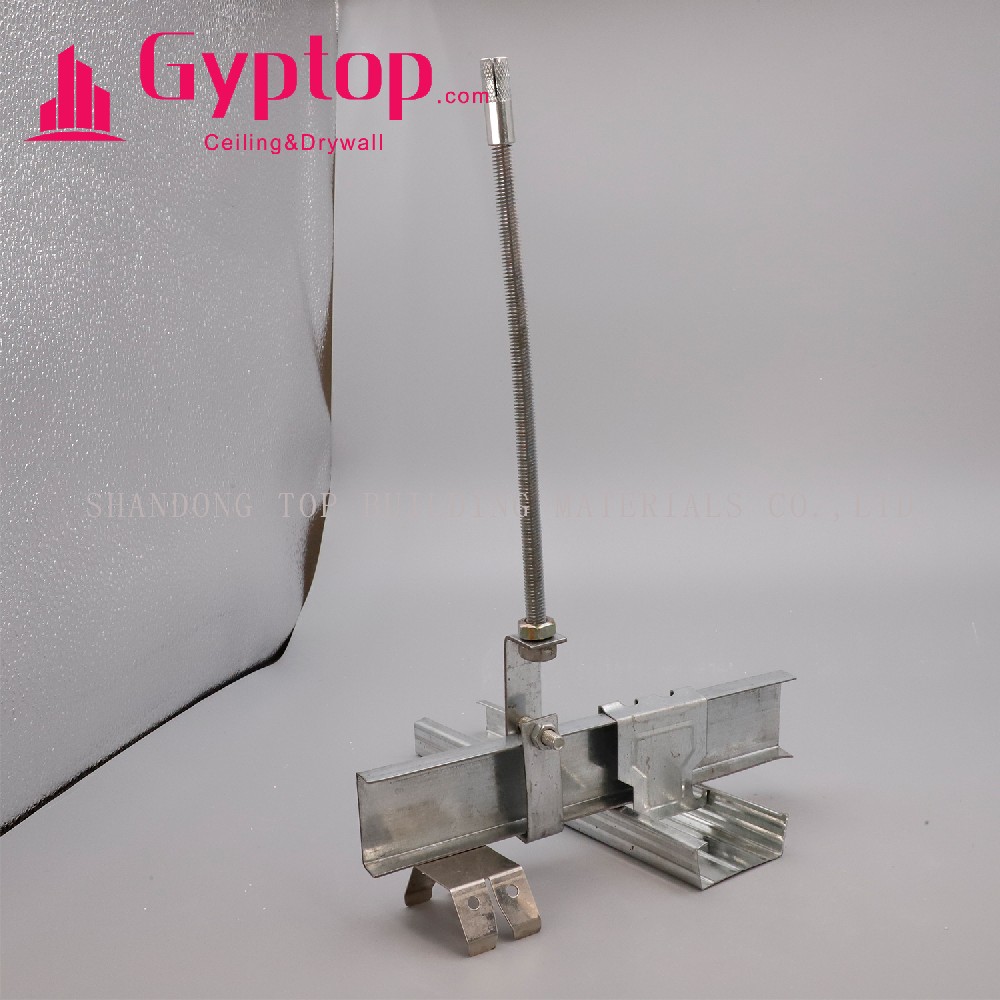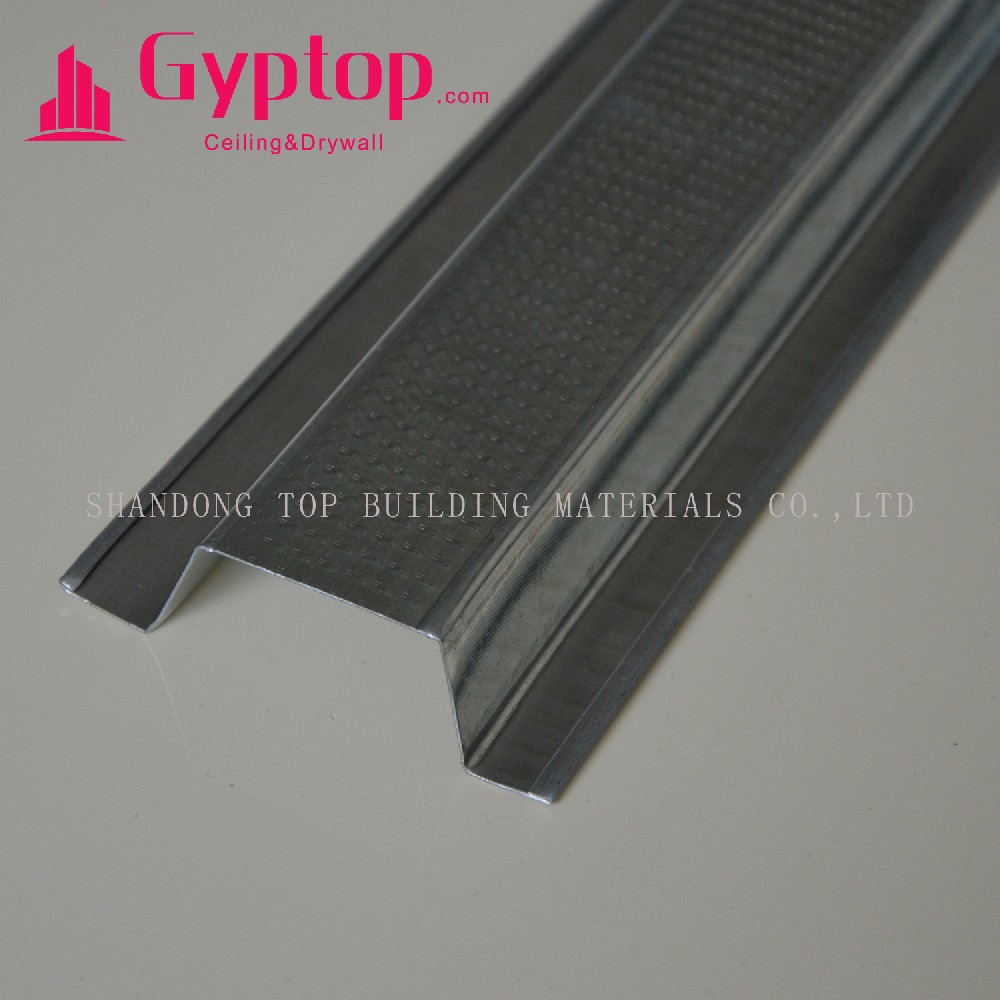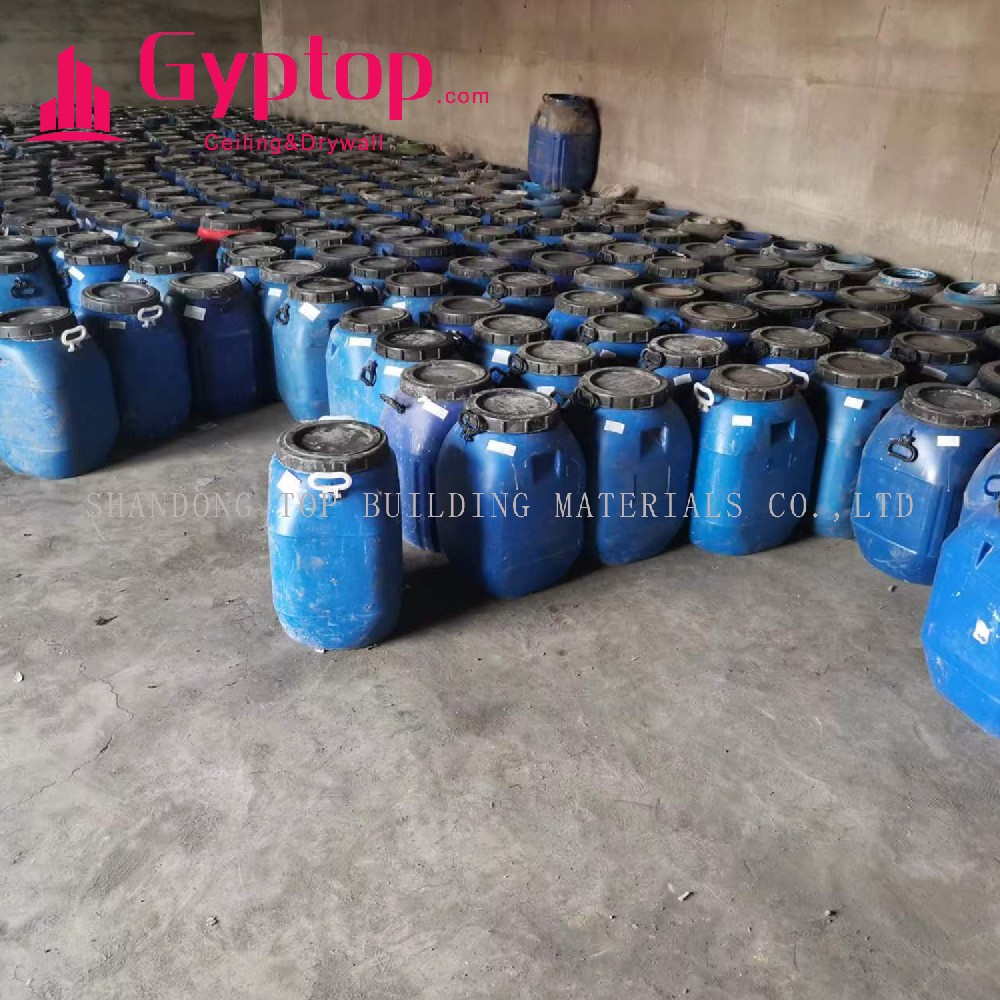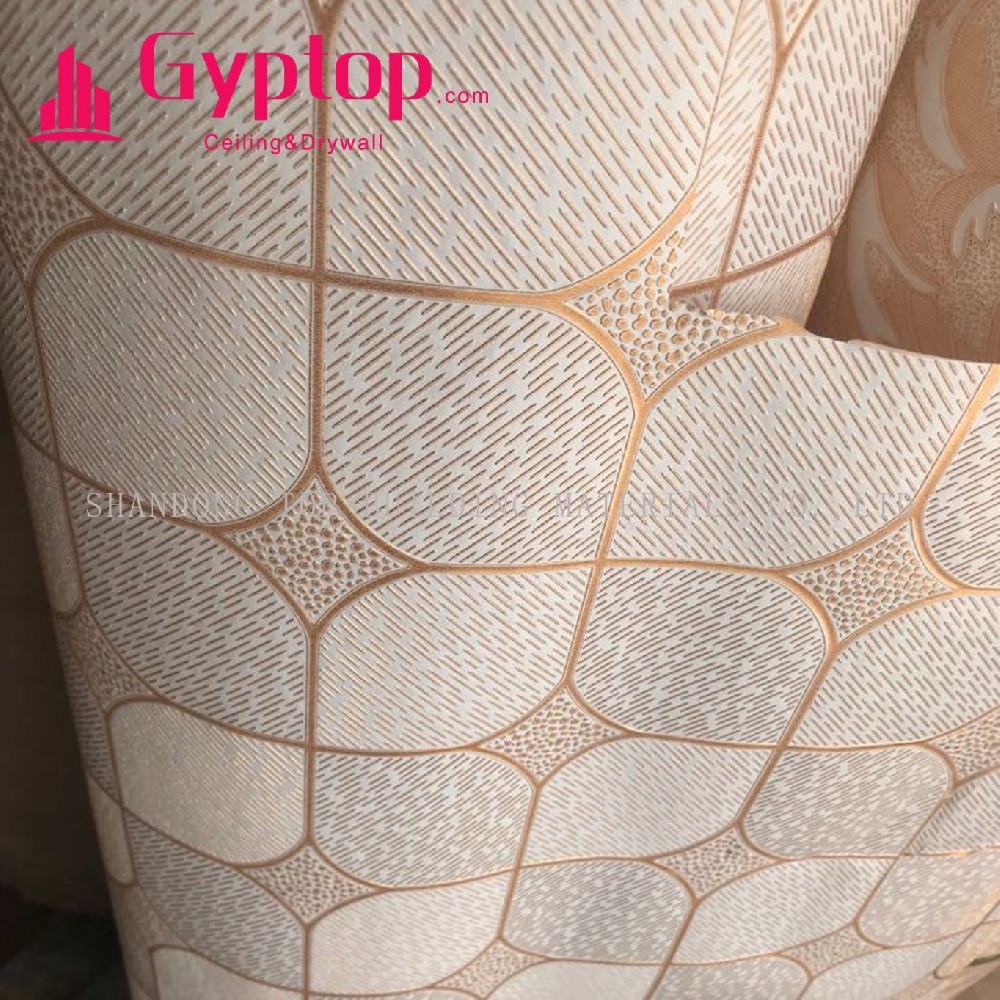As an important building material and industrial material, aluminum profiles have the following basic characteristics:
Lightweight: The density of aluminum profiles is low, one-third lower than that of iron, and is suitable for occasions where lightweight materials are required.
Corrosion resistance: It has good corrosion resistance and can maintain good performance in harsh environments.
Good thermal conductivity: The thermal conductivity of aluminum is better than that of steel, and it is suitable for heat conduction applications.
Good plasticity: Aluminum profiles are easy to process and form, and can be formed into various shapes by extrusion, rolling, etc.
Convenient surface treatment: Surface treatments such as anodizing and spraying can be performed to enhance corrosion resistance and decorativeness.
Aluminum profiles have a wide range of applications, including but not limited to:
Construction field: Used for doors and windows, curtain walls, aluminum alloy frames, etc.
Transportation field: Used in the manufacture of vehicles such as cars, trains, and airplanes.
Industrial field: Used in the manufacture of various industrial equipment and machinery.
The performance advantages of aluminum profiles include:
Good thermal insulation: Broken bridge aluminum alloy profiles have good thermal insulation properties.
As an important building material and industrial material, aluminum profiles have the following basic characteristics:
Lightweight: The density of aluminum profiles is low, one-third lower than that of iron, and is suitable for occasions where lightweight materials are required.
Corrosion resistance: It has good corrosion resistance and can maintain good performance in harsh environments.
Good thermal conductivity: The thermal conductivity of aluminum is better than that of steel, and it is suitable for heat conduction applications.
Good plasticity: Aluminum profiles are easy to process and form, and can be formed into various shapes by extrusion, rolling, etc.
Convenient surface treatment: Surface treatments such as anodizing and spraying can be performed to enhance corrosion resistance and decorativeness.
Aluminum profiles have a wide range of applications, including but not limited to:
Construction field: Used for doors and windows, curtain walls, aluminum alloy frames, etc.
Transportation field: Used in the manufacture of vehicles such as cars, trains, and airplanes.
Industrial field: Used in the manufacture of various industrial equipment and machinery.
The performance advantages of aluminum profiles include:
Good thermal insulation: Broken bridge aluminum alloy profiles have good thermal insulation properties.

